Study finds patients with high risk factors for cardiovascular disease may benefit from preemptive use of specific probiotics.
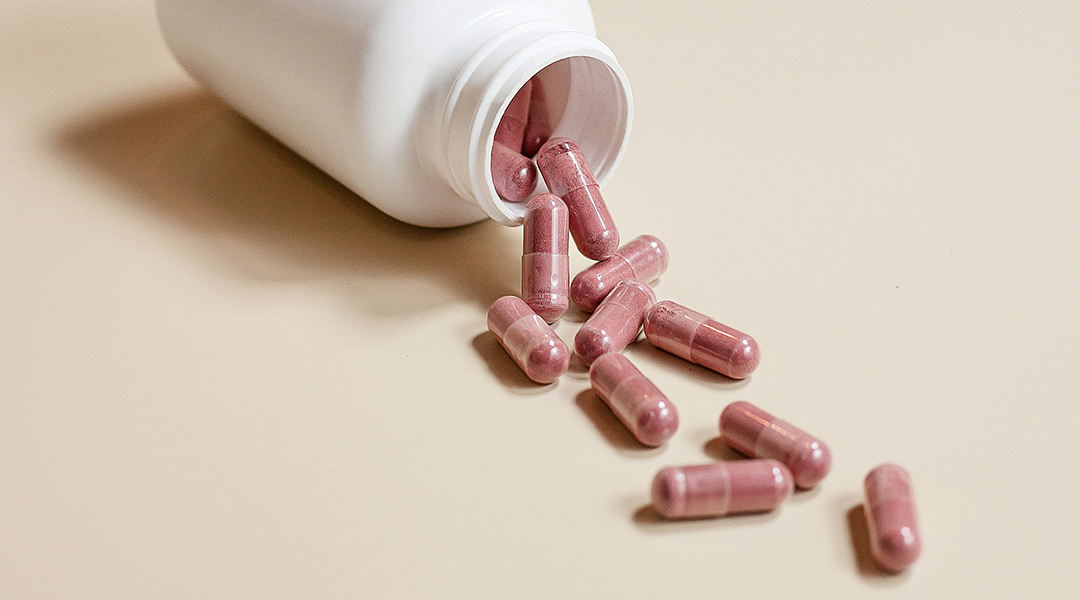

Study finds patients with high risk factors for cardiovascular disease may benefit from preemptive use of specific probiotics.

Microscopic machines powered by light are a “double threat” to bacteria and could help combat the growing problem of drug resistance.
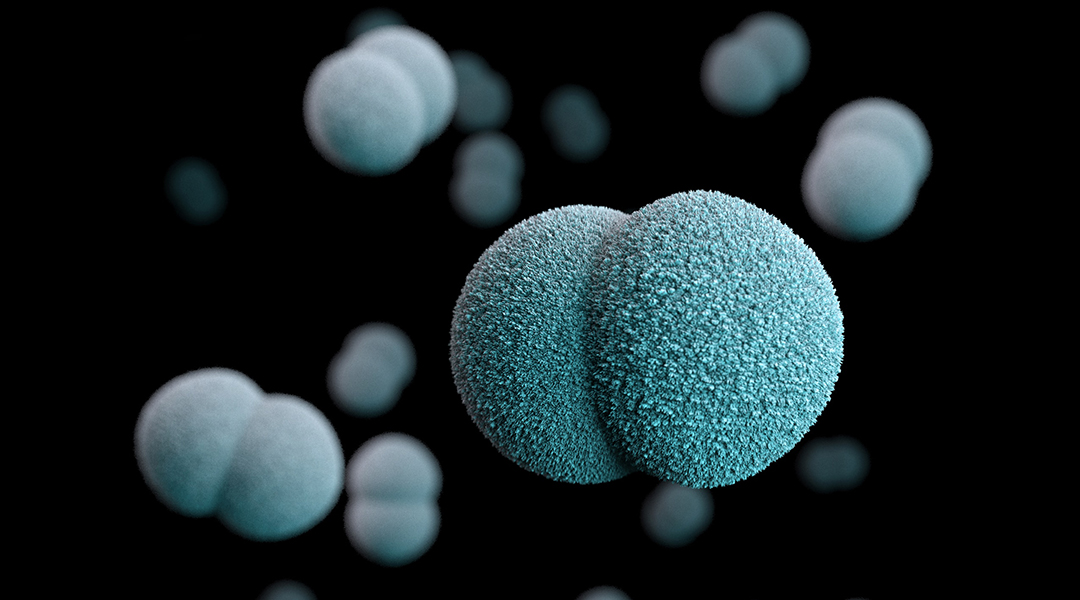
Scientists reveal how antibiotic-resistant genes are spreading around the world, raising concerns about their rapid transmission and the role humans are playing.
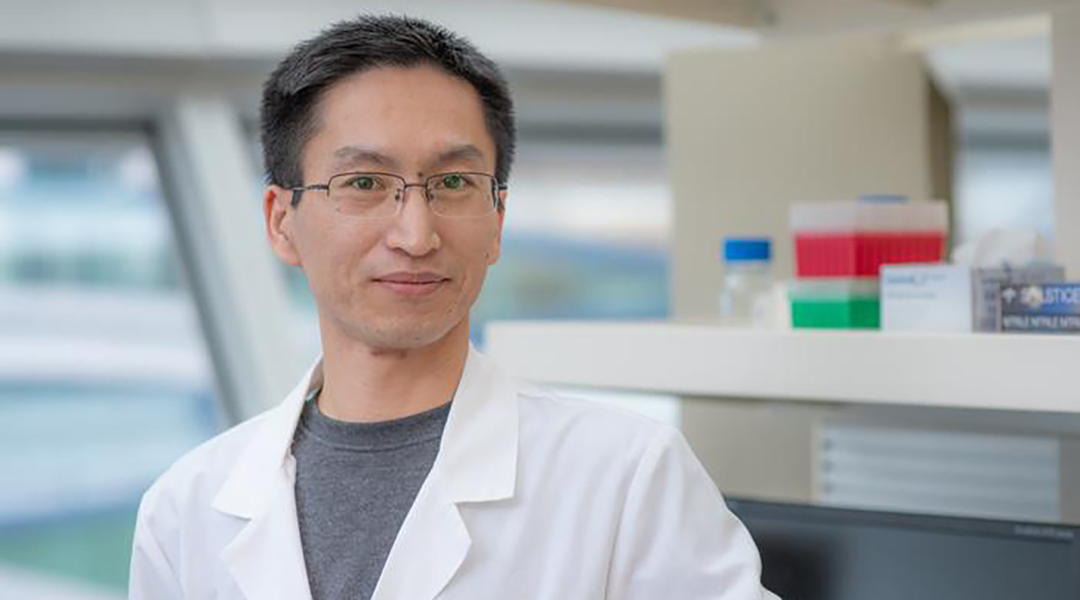
Scientists delve into how repairing dysfunctional brain circuits in Parkinson’s can offer another path forward for new treatment strategies.
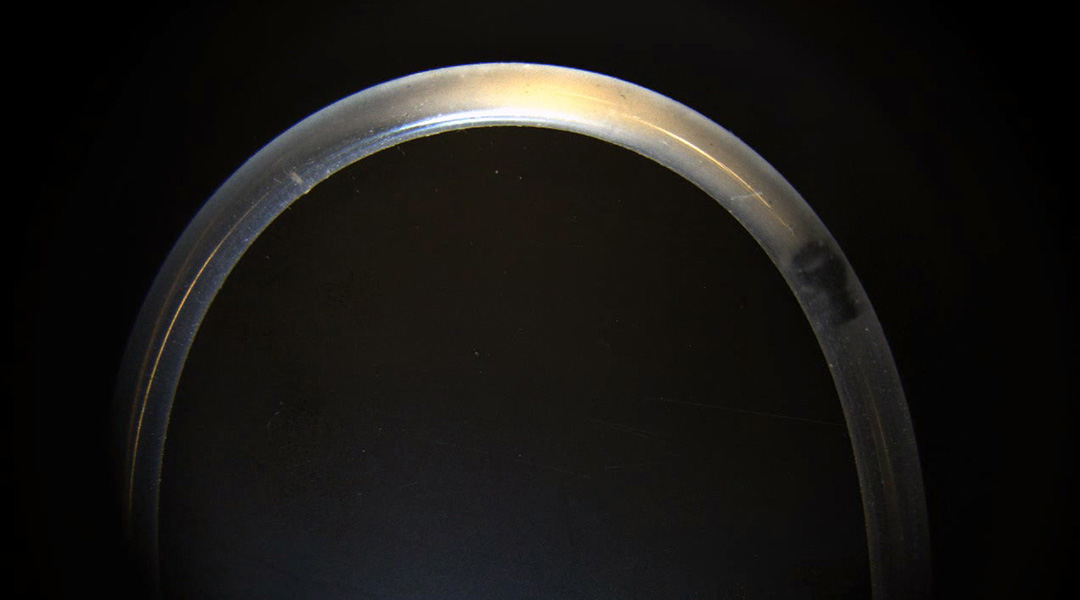
Magnetic hydrogel micromachines break up biofilms and release antibiotics, combating biofilm infections associated with medical devices.
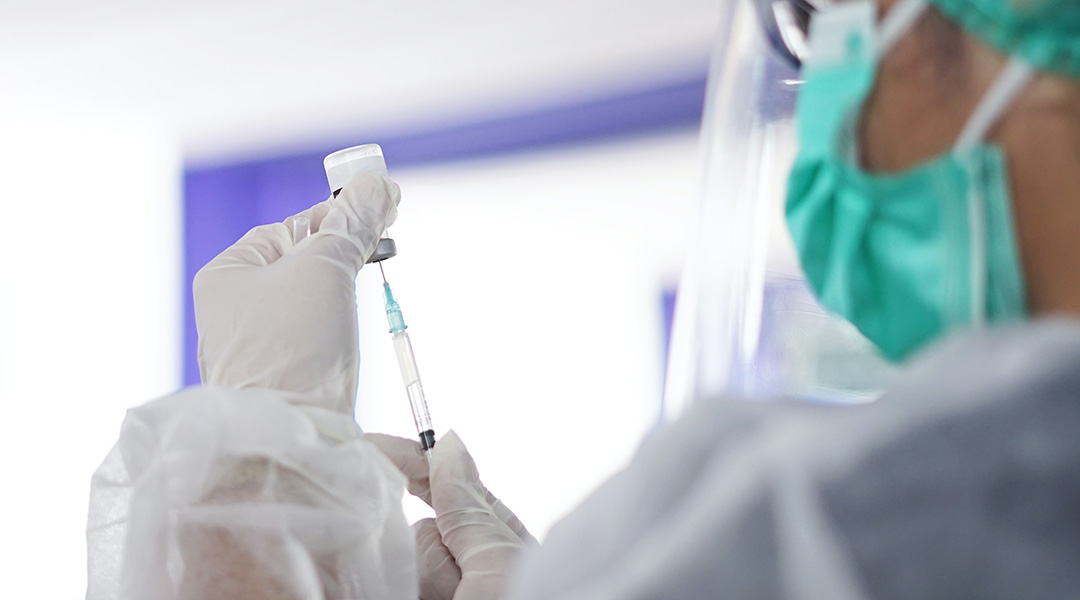
A hydrogel delivery system boosts single-dose efficacy and provides a potential tool to fight future pandemics and vaccine inequity.
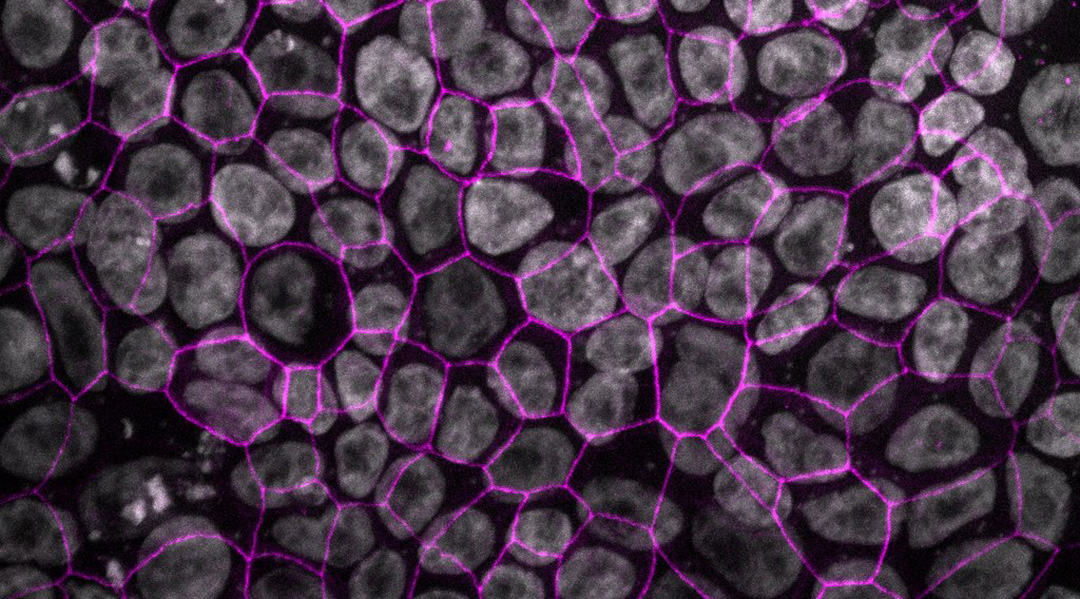
New lung model raises hopes for more realistic modeling of new drugs and therapies.
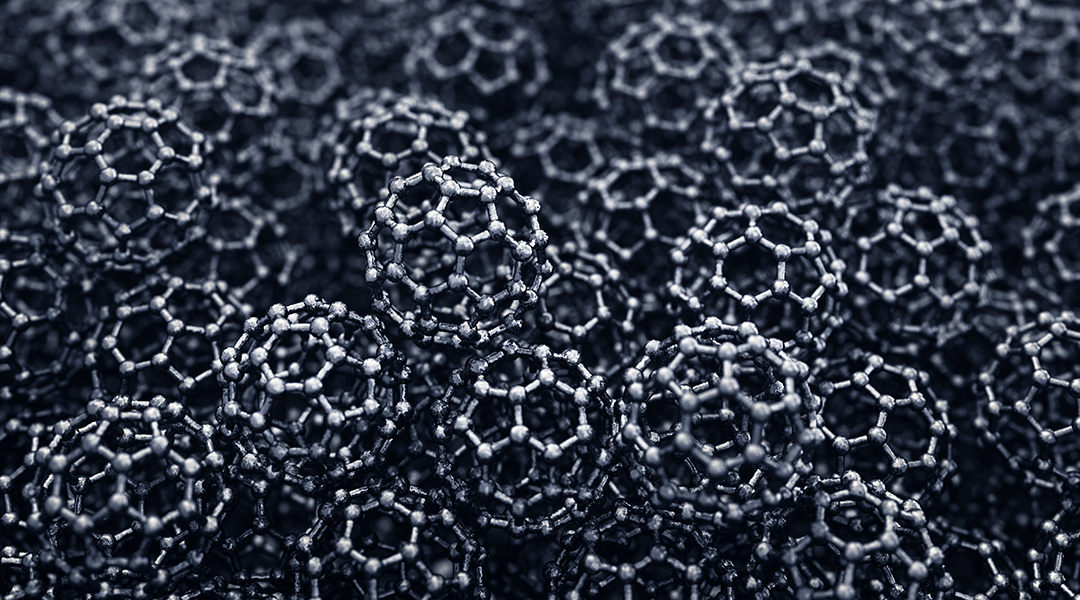
Scientists are investigating how fullerene nanomaterials can be used as antivirals against different variants of SARS-CoV-2 and other viruses.
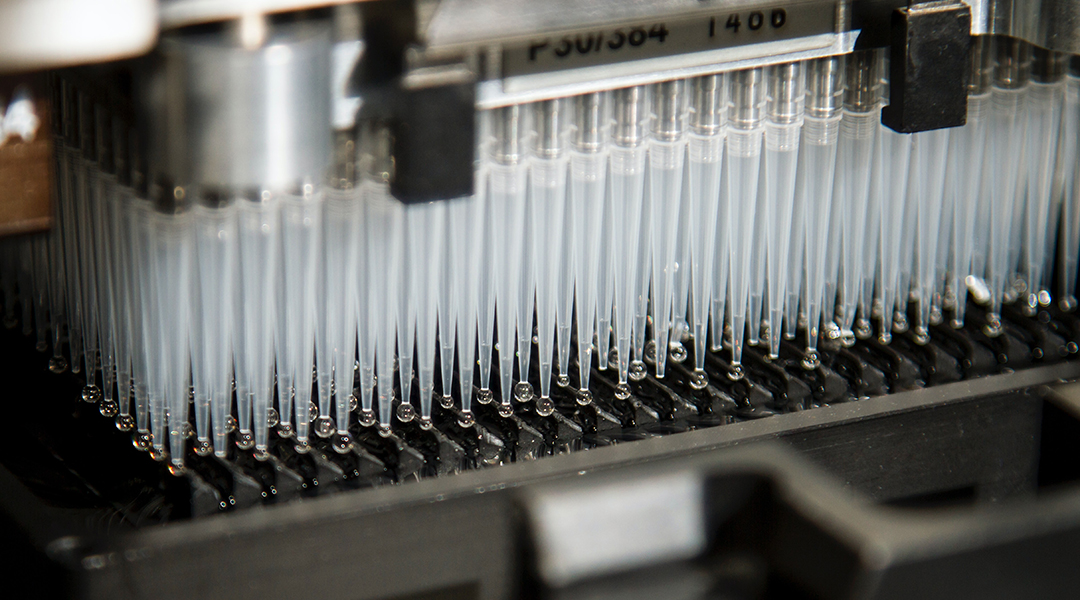
Stimulating neuron growth using a new mRNA therapy, researchers hope to treat chronic pain caused by disease, injury, or chemotherapy.
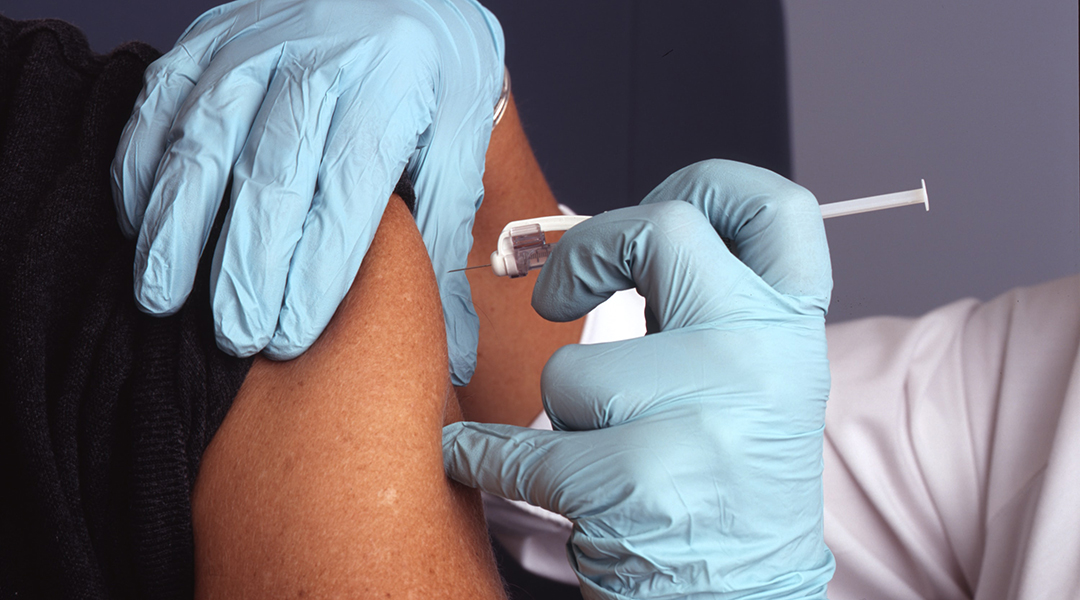
A rare type of antibody found in some individuals could help develop an HIV vaccine to target highly diverse viral strains.